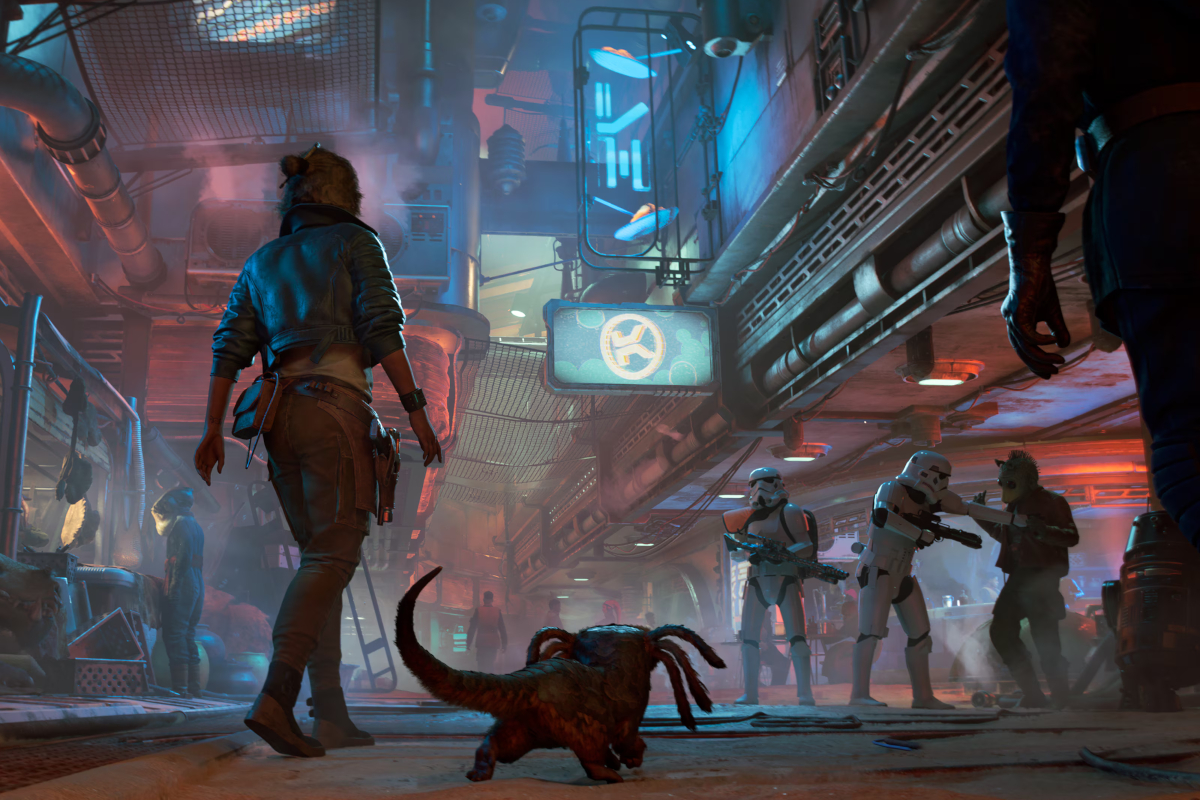Gaming
Why video game prices have skyrocketed in South Africa
Video game prices have increased substantially in South Africa over the past few years. Here are the main price-driving factors the industry is experiencing.

Video Game Prices on the Rise in South Africa
The surge in video game prices in South Africa over recent years can be attributed to several key factors such as fewer major releases, expensive logistics, global price-matching, and changes in distribution strategies. However, the primary cause has been the depreciation of the Rand.
South African gamers have experienced a notable increase in prices, particularly in 2020 when major titles started launching at around R1,000 or higher. The trend continues with prices steadily climbing, impacting popular titles from leading publishers.
For instance, a pre-ordered digital copy of Ubisoft’s upcoming game, Star Wars: Outlaws, is now priced at R1,429 for the base game on various platforms, reflecting a significant uptick from previous releases.
Similarly, Electronic Arts’ F1 2024, set to be released in May 2024, is priced at R1,399 and R1,299 on PS5 and Xbox Series X|S, respectively, illustrating the ongoing trend of rising game costs.
Average Price in South Africa Aligned with International Markets
Leading retailers and distributors in the gaming industry shed light on the rationale behind the price hikes. BT Games CEO highlighted that new AAA releases on popular platforms typically range between R1,299 and R1,899, with an average price of R1,499. Factors influencing these prices include currency fluctuations, digital sales trends, and efforts to maintain a consistent global pricing strategy.
While South African prices have increased, the standard price of major console releases in the US has remained stable at $69.99. The weakening Rand against the dollar has brought the typical R1,499 price of a new AAA game in South Africa closer to the US equivalent when considering currency exchange rates.
Gamefinity CEO pointed out that price adjustments are directly linked to exchange rate fluctuations, citing examples of how game prices have mirrored changes in the Rand’s value over time.
Rand and Logistics Not the Only Factors
While currency fluctuations and logistics play a significant role in the pricing dynamics, publishers are also adapting pricing strategies to maximize profits amidst reduced release frequencies. A shift towards a centralized distribution model by publishers has influenced pricing decisions, with international distributors representing multiple territories leading to less competitive pricing in the local market.
Additionally, the rise in video game production costs due to scale and technical complexities has contributed to the overall increase in game prices. The market’s shift towards digital sales has also impacted pricing trends, with digital versions often being more cost-effective and ensuring timely access to new releases.















